"Brain-based learning isn’t a new concept, but it’s enjoying renewed attention thanks to the teacher accountability movement begun by President George W. Bush and continued by President Barack Obama. In a nutshell, teachers who use brain-based techniques don their “neuroscientist” hats and focus on creating experiences that cater to the inner workings of their students’ brains. The result: better learning experiences and better retention."
Get Started for FREE
Sign up with Facebook Sign up with X
I don't have a Facebook or a X account
 Your new post is loading... Your new post is loading...
 Your new post is loading... Your new post is loading...
Nancy Jones's curator insight,
July 23, 2014 1:58 PM
I am currently reading The Big Disconnect and find this an interesting connection. I have come to the conclusion that with all this technology and information, we really need to learn more about the brain and how it works to use technology and create learning opportunities that will best serve our students. |
Gary Harwell's curator insight,
August 29, 2014 3:47 AM
Not only do we have to teach English but we have to teach the students how to Learn.
Kathy Lynch's curator insight,
March 23, 2014 1:25 PM
Ideas to expand thinking on current assessments, particularly for those who do not test well. Thx Beth Dichter! 
Rosemary Tyrrell, Ed.D.'s curator insight,
March 24, 2014 1:46 PM
As teachers today we are told that we must teach our students and help them construct "enduring understanding", providing them with the ability to transfer knowledge from one subject area to another subject area. We are also told that we should personalize education, requiring us to know the strengths and weaknesses and incorporate this into our lessons. And let's not forget that we must also assess our students. How can we make our assessments help students with content retention? This post focuses on this question, and provides five suggestions on ways to do this. The first three suggestions are: Tests Where Notes or Textbooks are PermittedTake-Home TestsStudent-Made TestsThese types of tests may take more time to create but they have the ability to be written so that students have to do more than memorize information. There is more information on this in the post. The next suggestion is: Projects Pre-Approved by the TeacherThis requires that students demonstrate mastery of the subject. This will require the student to create (a 21st century goal) and additional information is in the post, including a discussion of what this might look like. The final suggestion is: Revisions and Retests to Build SkillsetsThis section discusses what we may do to help out student build their skillsets through feedback and opportunities to construct accurate information. As you read this post you may begin to consider alternative ways to assess your students that help them with content retention. |



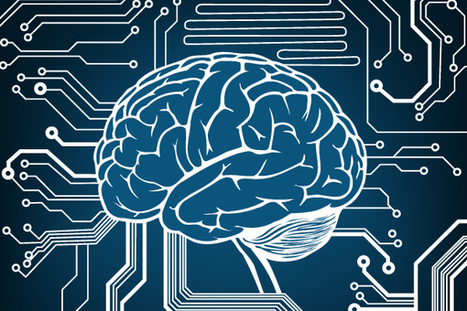

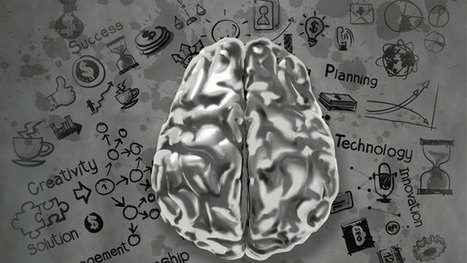
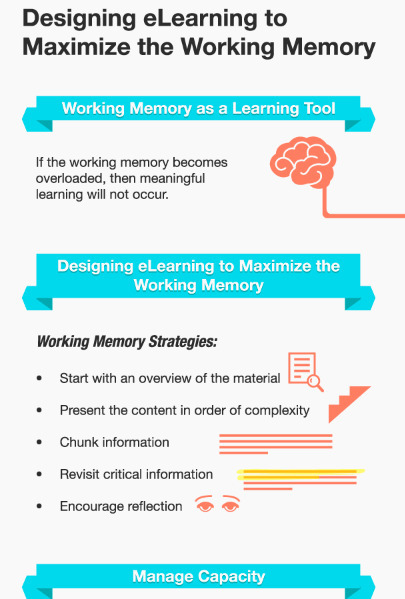
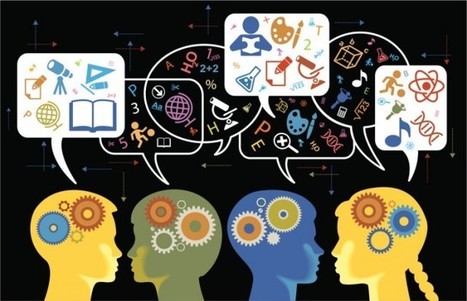

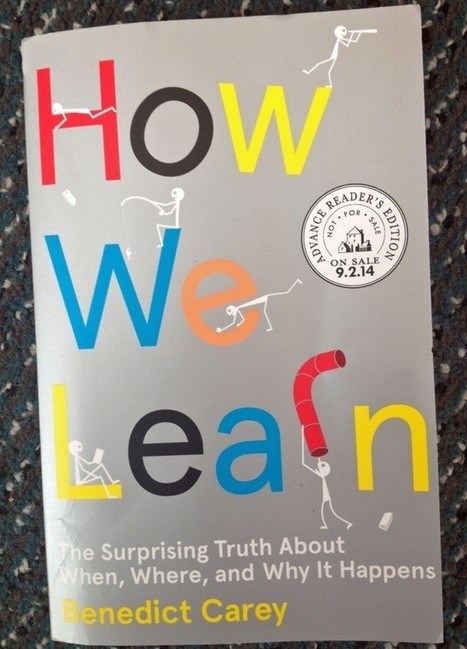








Excellent article on Brain Based Learning. It includes many of the concepts emphasized by Whole Brain Teaching.
Thx Beth Dichter